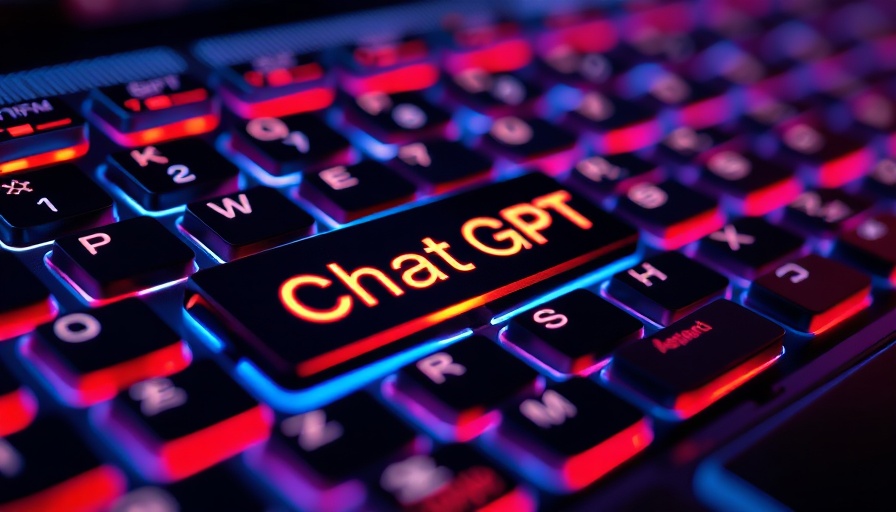
OpenAI’s New Feature: ChatGPT Connectors Set to Transform Business Workflows
OpenAI is taking significant strides toward integrating ChatGPT into everyday business environments with its upcoming feature, ChatGPT Connectors. This new capability will allow users to link their Google Drive and Slack accounts directly to ChatGPT, making it easier than ever to leverage internal company knowledge in real-time queries. Announced through a report from TechCrunch, this beta feature aims to deepen the connection between users and their operational tools, positioning ChatGPT as a crucial component in the future of workspace technology.
What Are ChatGPT Connectors?
ChatGPT Connectors will enable businesses to utilize ChatGPT by accessing files, presentations, and Slack conversations without the cumbersome process of uploading data. Instead of merely analyzing uploaded documents, this innovative feature will allow ChatGPT to engage directly with company data while adhering to prescribed permission settings. According to TechCrunch, this beta test will first roll out to select subscribers of ChatGPT Team, with plans to expand to other platforms like Microsoft SharePoint and Box in the near future.
The Future of AI in Business
Integrating AI tools into the workplace is not just about efficiency; it represents a transformative shift in how businesses operate. OpenAI aims to position ChatGPT as more than a passive tool, suggesting a future where it acts like a “digital chief of staff.” For instance, employees could simply prompt the AI with questions such as, "What was discussed in yesterday's project meeting?" or "Can you summarize the proposal document sent last week?" Such capabilities could save time and enhance productivity, thereby transforming workplace dynamics.
Data Privacy Considerations
With the promise of greater convenience comes a natural concern regarding data privacy. OpenAI reassures users that all synced data will respect existing permission structures, meaning employees can only access information they are authorized to see. This approach aims to diminish skepticism from company executives regarding the sensitive nature of business information. Notably, OpenAI has emphasized that no data synced from Google Drive or Slack will be used directly for training its AI models.
What This Means for Company Culture
The potential success of ChatGPT Connectors could prompt organizations to rethink their communication and data-sharing strategies. By making information more readily accessible while maintaining stringent privacy controls, businesses could cultivate a more collaborative and informed workforce. This shift might foster a new culture of openness, where employees feel empowered to ask questions and seek insights from their data.
Counterarguments: Will Businesses Embrace AI Integration?
Despite the evident benefits, some companies remain hesitant to allow AI systems access to sensitive information. The fear of data breaches or misuse may lead to a cultural pushback against new technologies. OpenAI's adherence to strict privacy measures may help alleviate some concerns, but the fundamental question remains: Are businesses ready to embrace AI as standard practice within their internal operations?
Conclusion: Preparing for the AI-Driven Future
As OpenAI rolls out ChatGPT Connectors, businesses will need to weigh the risks and rewards of adopting such AI integrations. With powerful features designed to enhance workflow efficiency while protecting sensitive data, this innovation could very well be a precursor to more extensive AI applications across various industries. Companies interested in pursuing technological advancements should start considering how they can harness tools like ChatGPT responsibly.
 Add Row
Add Row  Add
Add 




 Add Row
Add Row  Add
Add 

Write A Comment